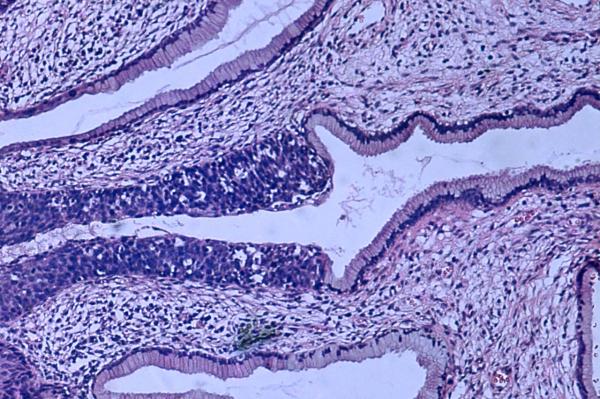BUKIT MERTAJAM, Jan 17 — The Prime Minister’s wife Datuk Seri Dr Wan Azizah Wan Ismail called on Malaysian women today to go for the Human Papillomavirus (HPV) DNA test provided by the National Population and Family Development Board (LPPKN) for cervical cancer screening.
She said women aged 30 and above are the group most at risk of cervical cancer.
"The HPV DNA test provided by LPPKN uses a method that allows women to take their own samples. It (the test) is free, painless and less invasive when compared to other methods.
"Men also need to know (about the test) because they have mothers, wives, and daughters who need to undergo HPV DNA screening. Cervical cancer can be prevented if it is detected at an early stage," she said at the 'Santuni Madani: Wanita Sihat Keluarga Sejahtera' Carnival at the Al-Mashoor Madrasah's grounds today.
The carnival is held in conjunction with the Penang Cervical Cancer Awareness Month 2025.
The event was also attended by State Social Development, Welfare and Non-Muslim Affairs Committee chairman Lim Siew Khim and LPPKN Director-General Abdul Shukur Abdullah.
Dr Wan Azizah emphasised the importance of women prioritising their health, highlighting their vital role in safeguarding and upholding the family institution as a cornerstone of social stability in the country.
According to the HPV Information Centre, cervical cancer is the fourth most common cancer among women in Malaysia, with about 1,740 new cases and 991 deaths reported each year.
Meanwhile, she also raised concerns about Malaysia's declining fertility rate and its progression toward becoming an ageing nation.
Dr Wan Azizah expressed gratitude to LPPKN, an agency under the Women, Family, and Community Development Ministry, for implementing various programmes aimed at increasing public awareness of fertility issues.
At the event, she presented WCaRe vouchers, Back to School aid, and food boxes to 200 women, 260 students, and 200 low-income families in the Tanah Liat area.
The WCaRe vouchers are provided by LPPKN to eligible women as an incentive to encourage cervical cancer screenings.
Meanwhile, the school bags and food items were contributed by Pertubuhan Kebajikan Amal Silaturahim Isteri-Isteri Harapan Malaysia, Yayasan Dakwah Islamiah Malaysia, and Yayasan Food Bank.
— Bernama




